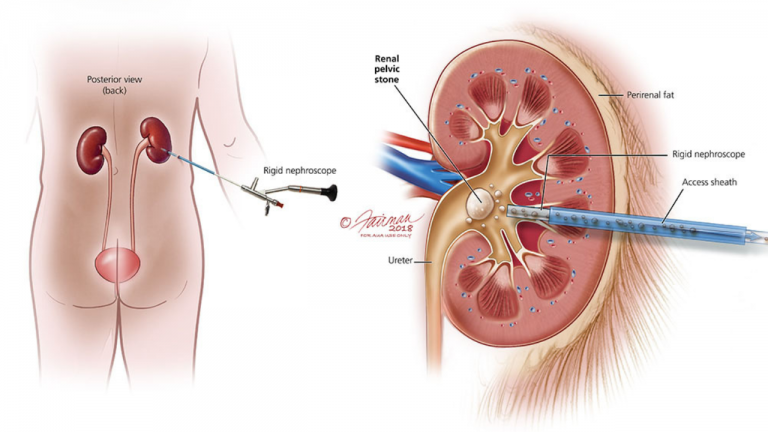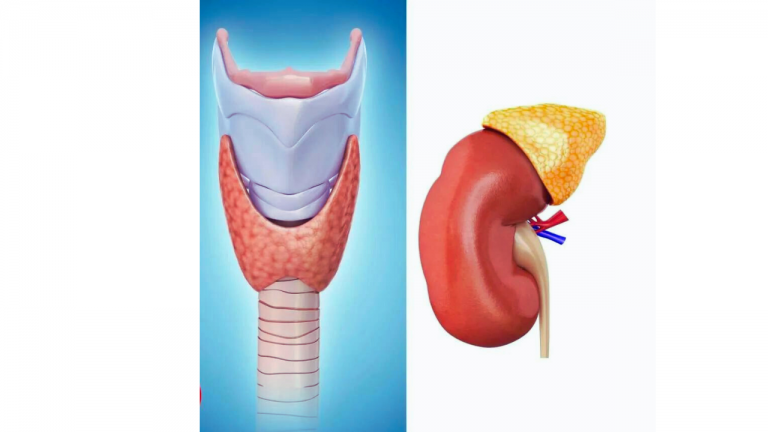Complications Of Hypothyroidism: Weight Gain, Infertility And More; Tips To Manage It

Hypothyroidism or underactive thyroid affects women more than men. In this condition, the body does not produce enough thyroid hormones. Here are some complications linked with the condition if left uncontrolled.
Hypothyroidism or underactive thyroid is a condition when your body does not produce enough thyroid hormones. The thyroid is a butterfly-shaped gland in the middle of the neck. The thyroid gland produces two principal hormones, triiodothyronine (T3) and thyroxine (T4), which regulate the body’s metabolism. One in eight women develops thyroid problems in her lifetime. These affect women more than men. Hypothyroidism does not show noticeable symptoms at first. But if left untreated, this condition can lead to a wide range of health issues. Here are some possible side effects of underactive thyroid. Also know some diet and lifestyle changes to manage this condition.
Complications of hypothyroidism (underactive thyroid)
“Hypothyroidism is a condition in which the thyroid gland does not produce enough thyroid hormone. It is the most common thyroid disorder. Symptoms of hypothyroidism vary widely and are related to slow metabolism, some people have no symptoms while others have severe manifestations.”
“Hypothyroidism is linked with several common issues including- weight gain, hair fall, dry skin, swelling in legs, fatigue, cold intolerance, constipation, menstrual irregularity, infertility and miscarriage,” he adds.
Studies suggest that hypothyroidism is linked with a higher risk of heart disease and mental health issues. Complications linked with this condition and how it may affect an individual. Here are some key points he elaborated on-
Women with hypothyroidism often suffer from menstrual cycle irregularities, ranging from absent or infrequent periods to very frequent and heavy periods. These menstrual irregularities can make it difficult to get pregnant.
Hypothyroidism may lead to irregular periods
Pregnant women with hypothyroidism also have an increased risk of miscarriage during early pregnancy. Most hypothyroid manifestations respond to thyroxine replacement in an appropriate dosage
Another type of disorder that affects the thyroid gland is called goiter. Goiter results in swelling in the thyroid gland that may or may not be accompanied by a hormone deficiency or excess. A thyroid nodule is a localized swelling of the gland and is four times more common in women.
The thyroid gland, less commonly, becomes overactive and produces excess thyroid hormones a condition called hyperthyroidism. Excess thyroid hormones speed up the body’s metabolism and result in feverishness, weight loss, rapid or irregular heartbeat, loss of sleep, anxiety, trembling of hands and fingers, excessive sweating, heat intolerance, muscle weakness, frequent bowel movements, and bulging eyes in some cases.
Thyroid diseases should not be ignored as untreated hypothyroidism and hyperthyroidism can affect the heart and overall well-being. Timely treatment can prevent such complications.
Lifestyle tips to manage underactive thyroid-
Control your sugar intake. Sugar is unhealthy for your thyroid hormone as well as body weight.
Consume a healthy diet loaded with vitamin B, probiotics, and foods containing selenium. Studies also suggest the consumption of a gluten-free diet to manage hypothyroidism effectively.
Stress also affects hormones. You can manage stress with the help of exercise and meditation.
Also, try to maintain a healthy weight. Do not try crash diets. Eat a well-balanced diet and exercise regularly.
You should also follow all the necessary precautions suggested by your doctor and not skip treatment.



